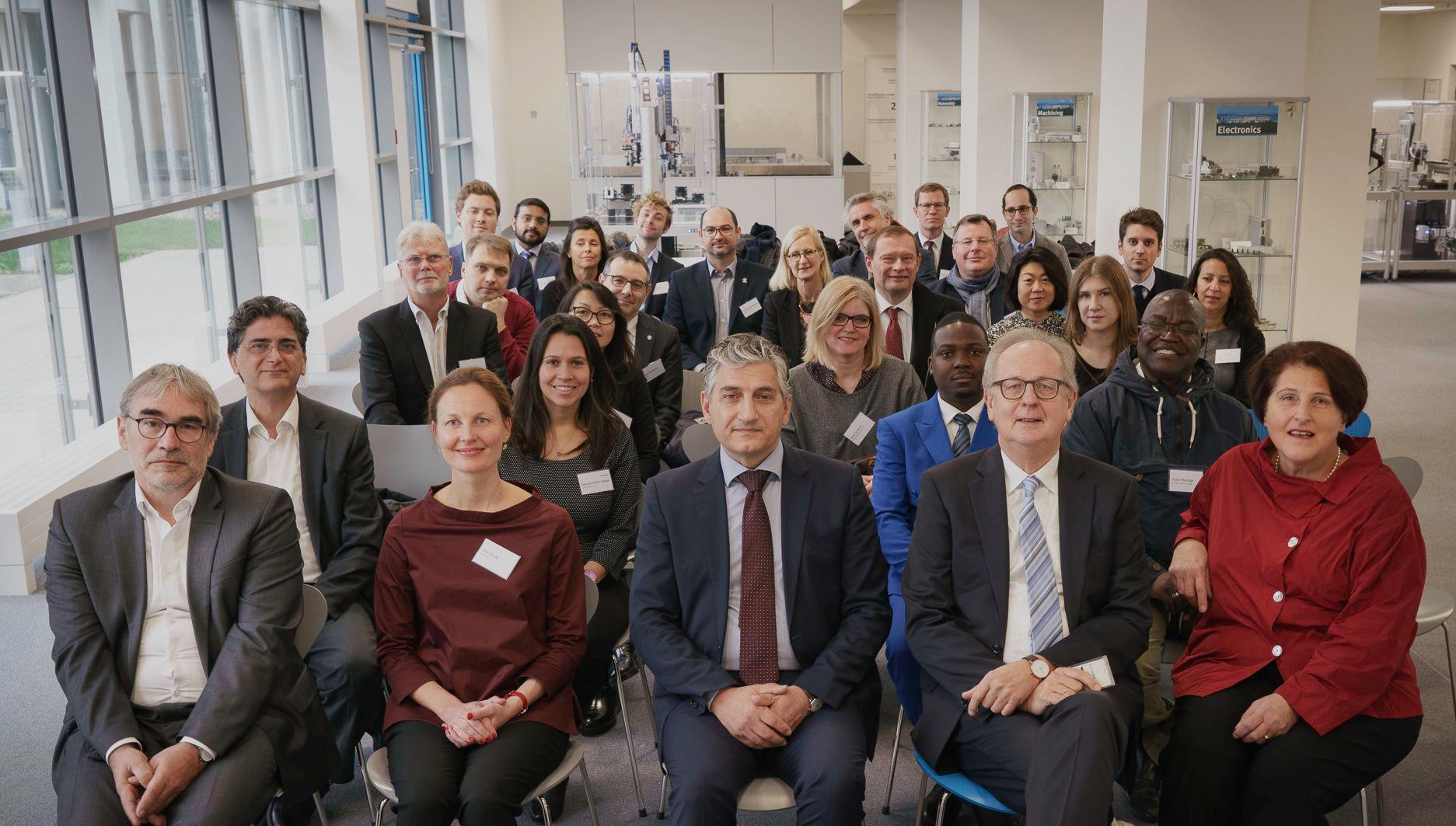Mining’s New Frontier: Ensuring Sustainable Practices for the Green and Digital Transitions
Sustainable mining practices require skilled individuals. UNIDO and global partners drive sustainable mining practices, bridging the skills gap to secure strong CRM supply chains and build a resilient workforce.
- September 23, 2024
- By Callie Patten

Mining is a critical industry that plays an indispensable role in the global economy. It provides the essential raw materials that power industries, drive technological advancements, and support the transition to cleaner energy. As the world shifts towards a more sustainable and digital future, the demand for minerals is only becoming more important.
Critical raw materials (CRM), such as cobalt, lithium and rare earth elements are essential for the technologies driving renewable energy and the digital transition. The International Energy Agency (IEA) estimates that mineral supply must quadruple to meet global climate targets. A secure supply of CRM can only be guaranteed if it is supported by sustainable practices across the value chain. This puts immense pressure on the mining industry.
In the face of these demands, traditional mining methods are no longer sufficient. As a result, the mining industry finds itself in a transformative period.
A Global Skills Gap
This moment presents both challenges and opportunities. Securing CRM for the future will require innovative approaches to mining and processing to develop a more resilient supply chain. But this transition will not happen overnight, and it faces one critical barrier: a global skills gap. To ensure the industry meets global demands, it is essential to equip the workforce with the necessary skills to support sustainable mining practices.
Mining is a critical industry for many industrializing countries. By developing their green minerals sectors, these countries can unlock industrial activities that further support the economy and create long-term growth and stability while promoting environmental stewardship.
However, this will demand new skills, such as machine operation, digitalization, environmental management, and social responsibility. There is currently a shortage of technical and vocational training programs that would provide this expertise. This gap jeopardizes the mining sector’s ability to meet demand.
Collaboration as a viable solution
Public private development partnerships (PPDP) are crucial in bridging this gap. PPDP unite governments, private companies, and development organizations to create targeted training programs. Under UNIDO’s facilitation, these programs are tailored to the needs of the mining sector, equipping workers with the necessary skills to operate sustainably.

By combining the industry knowledge of the private sector with the resources and infrastructure provided by governments and development organizations, PPDP can create a sustainable pipeline of skilled workers. For example, PPDP can help local communities engage in higher-value activities within the mining value chain, such as mineral processing and manufacturing, rather than just extraction. This not only strengthens supply chains but also ensures that the economic benefits of mining are distributed more equitably.
Beyond the economic potential, embracing change in the mining industry creates another opportunity – for increased equality. Creating pathways for women and marginalized groups to participate in the mining workforce can bring about significant social and economic benefits, enhancing innovation, while addressing labor shortages. The future of the mining industry depends on our ability to innovate and adapt to changing demands. Addressing the skills gap and promoting responsible mining practices are critical steps towards securing supply chains that will support the green and digital transitions.
Be part of the change
UNIDO’s LKDF Forum 2024, titled “Skills for Critical Raw Materials Supply Chains: Ensuring Responsible and Sustainable Practices for the Green and Digital Transition,” will bring together policymakers, industry leaders, develop
ment practitioners, and experts to explore the challenges and opportunities facing the mining sector. By working together, we can build a skilled workforce ready to support sustainable mining practices and drive the green and digital transitions.
Join us 13 and 14 November at the LKDF Forum in Kitwe, Zambia or online and be a part of the global effort to transform mining for a responsible and sustainable future. Sign up to reserve your spot today!


